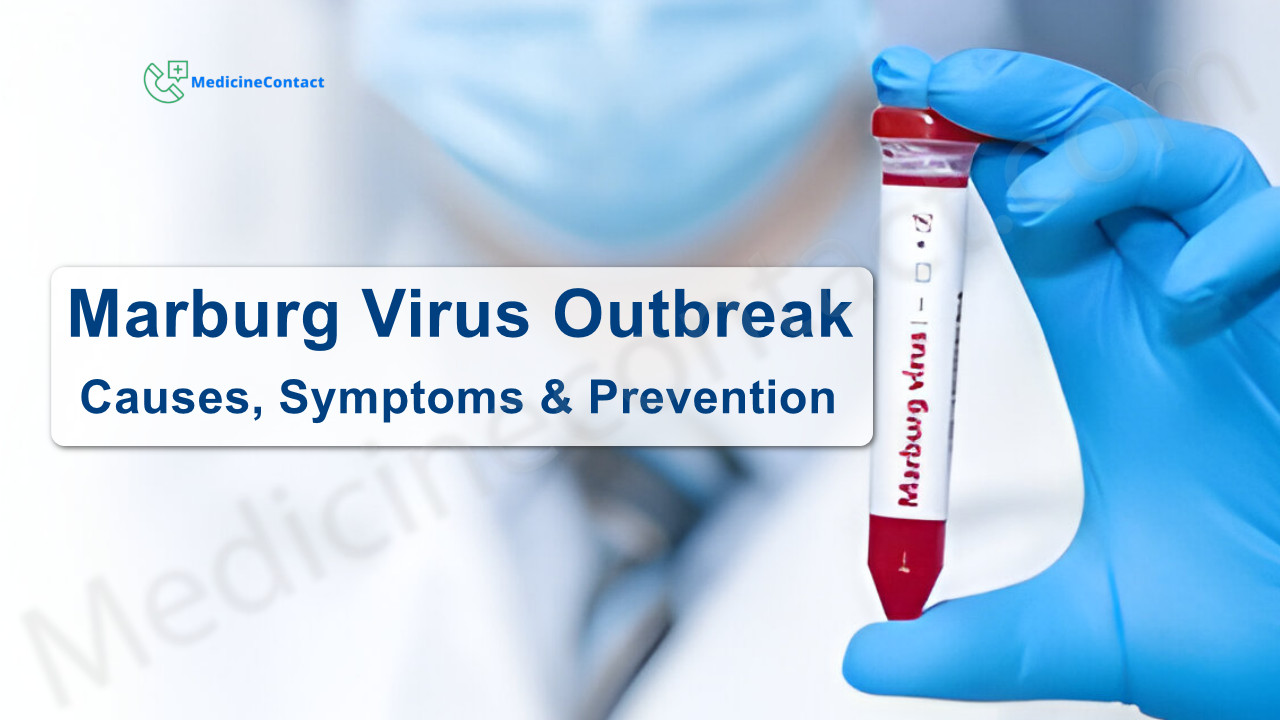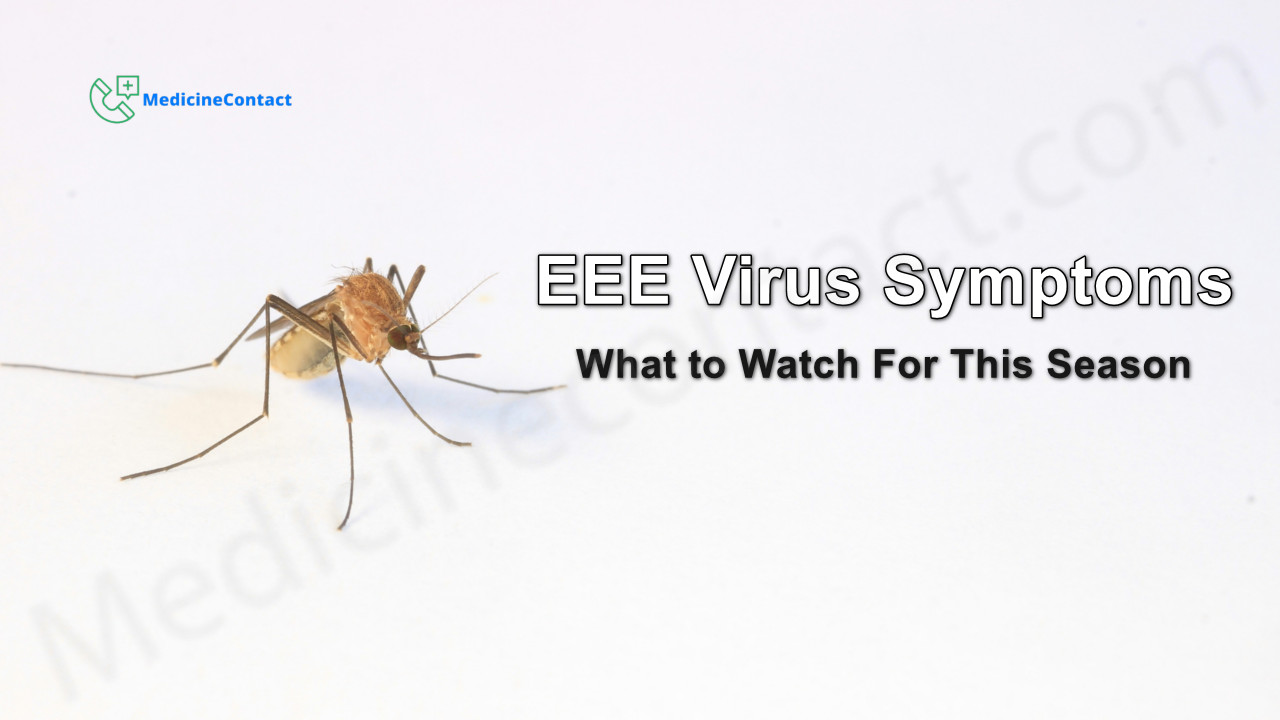
Understanding Venomous Spiders Found in Georgia
Georgia's humid climate makes a prime environment for a wide variety of spiders to thrive, including several species that possess medically significant venom. While spider bites rarely cause fatalities with proper medical treatment, their powerful neurotoxic and cytotoxic venom can still have severe effects in humans if large amounts are injected.
Familiarizing yourself with venom toxicity levels, bite symptoms, habitats and identifying features of venomous spiders found in Georgia helps assess risks and know how to respond if exposed. Protective measures also limit likelihood of encounters.
Native Georgia Spiders Packing a Punch
A handful of spider species well-adapted to Georgia’s ecology possess venom capable of causing mild to very painful bites in humans, with these being the main culprits:
- Black Widow Spider - Shy but highly venomous with neurotoxins 15 times stronger than a rattlesnake, causing abdominal pain, muscle spasms, vomiting and breathing issues, but antivenom prevents serious complications and deaths.
- Brown Recluse Spider - Venom destroys red blood cells and skin tissues but has less systemic toxicity. Still causes severe lesions, illnesses in some cases.
- Black and Yellow Garden Spider - Mildly toxic venom induces short-lived localized pain, swelling like bee sting.
While tarantulas, huntsman, orb weaver and crab spiders reside in Georgia too, they rarely bite humans and effects are comparable to a bee sting when they do.
Dangerous Invaders - Joro Spider
An invasive species originating in Asia, the large Joro spider first spotted in North Georgia in 2015 has rapidly expanded its territory. These prolific breeders spawn abundant offspring covering trees, gardens, power lines and homes in thick golden webs.
While its venom isn’t considered highly toxic, the Joro does occasionally bite people. Reactions involve mild pain, swelling and itching subsiding within a week. But risks may increase as it continues spreading rampantly throughout Georgia and neighboring states.
How to Identify Venomous Spiders in Georgia
Pinpointing venomous species among common spider varieties involves noticing key identification markers:
Georgia’s Black Widow Spider Traits
- Females have distinctive red hourglass shape on large round black abdomen.
- Shiny black bodies with long skinny legs, females far larger than males.
- Build messy webs in dark undisturbed places like woodpiles, sheds, hollow logs.
- Give birth to hundreds of offspring able to bite and envenomate within weeks of hatching.
Brown Recluse Spider Attributes
- Uniform sandy brown coloration, darker violin-shaped marking on back.
- Six equal size eyes arranged in pairs, rather than eight.
- No spinnerets, do not spin webs, hunt prey actively.
- Inhabit man-made environments like basements, crawlspaces, garages.
Black and Yellow Garden Spider Features
- Large fuzzy black and neon yellow striped bodies, thick spiny legs.
- Build distinctive orb-shaped webs between garden plants.
- Often confused with venom lacking yellow garden spiders and banana spiders.
- Common names including zipper spider, corn spider, golden web spider.
Learning markings and habits makes identification of dangerous spiders in Georgia more clear-cut before problems arise. Still, spider bites often go unfelt initially so vigilance when cleaning garages, moving debris and landscaping prevents inadvertent contact.
What Happens if Bitten by a Venomous Spider in Georgia
Bites from Georgia’s most venomous spider species trigger various worrisome reactions:
Black Widow Spider Bite Symptoms
- Intense stinging pain spreading from bite site.
- Severe muscle cramps, rigidity, tremors in chest, legs, back, abdomen.
- Nausea, vomiting, sweating, swollen eyelids.
- Hypertension then dangerously low blood pressure.
- Inability to breathe if diaphragm muscles paralyzed by neurotoxins.
Life-threatening reactions appear within minutes to hours, lasting days to weeks without antivenom to counteract nerve poison. Seek emergency care quickly!
Brown Recluse Spider Bite Signs
- Mild stinging initially then intensifies into severe burning pain.
- Blistering, ulcers, dead blackish skin tissues surrounding bite after few hours.
- Systemic issues like fever, chills, rash, nausea 24-72 hours later.
- Tissue necrosis spreads leaving deep, slow-healing wounds.
- Healing takes months, sometimes surgery, skin grafting needed.
Hemolysis, organ damage, seizures and death possible in worst case scenarios without medical intervention to stabilize red blood cell breakdown.
Black and Yellow Garden Spider Bite Indications
- Instant pin prick pain tapering off after several minutes.
- Mild swelling, redness around bite mark on extremities.
- Itchiness, irritated skin lasting under a week.
- Rarely causes severe effects except in those highly allergic.
Minor symptoms resolve on their own like bee stings but monitor in case bacterial infection develops.
While many spider bites are harmless, venomous species in Georgia can clearly trigger scary reactions. Seeking prompt medial help when confronted by trademark symptoms minimizes complications. Capture spider in secure container if possible for identification purposes.
Areas Venomous Spiders Commonly Reside in Georgia
Habitat preferences and behavioral tendencies position some spiders in Georgia to cross paths with humans more often. Risk factors depend on location - both geographic region and sites around your home.
Black Widow Spider Hot Spots
Western and southern Georgia harbor the highest black widow populations, especially in these hiding places:
- Wood, scrap and debris piles.
- Holes and crevices in logs, stacked bricks, cement blocks.
- Undersides of heavy garden furnishings, equipment.
- Hollow open spaces of fences, posts, outdoor structures.
- Pit latrines, bathrooms, meter boxes.
- Rodent burrows, dense shrubs, stone walls.
Brown Recluse Favored Hangouts
Northern Georgia reports more brown recluse sightings inside these secluded indoor locations:
- Basements, cellars, crawlspaces.
- Closets, garages, sheds with woodpiles.
- Attics with open trusses, pipes, insulation.
- Barns, outbuildings crammed with stored junk.
- Cardboard boxes, totes, racking touches walls.
- Behind artwork, mirrors, light switch plates.
Black and Yellow Garden Spider Preferred Nesting Areas
In contrast, these colorful web builders stay mainly outdoors in zones like:
- Flower beds, shrubs, vegetable gardens.
- Between branches of trees, tall plants.
- Corn fields, forest edges, meadows.
- Eaves, rafters, windows, entryways of houses.
- Wood, wire fences often with beautiful large orb-style webs on display.
Focus preventative measures in known environments where venomous species thrive, watching for signs of infestations.
Preventing Encounters with Dangerous Spiders in Georgia
Proactive pest control and maintenance thwarts close contact with the state’s most hazardous spiders before bites happen through these deterrent methods:
Sanitation Strategies
Eliminating food sources spiders seek like flies, roaches limits infestations inside homes. Store food in airtight containers, empty garbage frequently, fix leaks promptly. Clean clutter hiding black widows in garages, basements.
Home Upgrades
Caulk cracks in house foundations, walls that grant brown recluse spider entry. Install weather stripping below doors, screens on windows, vents. Divert outdoor lighting drawing insects for spiders to catch away from entries.
Physical Barriers
Apply sealants around potential access points to block spiders. Stuff steel wool into plumbing holes. Place mesh covers on attic hatches, floor drains. Relocate woodpiles, debris far from the house. Grow mint, basil potted plants spiders dislike at doorways.
Targeted Extermination
Inspect for biohazard warning signs like webs, egg sacs, prey carcasses. Apply EPA approved insecticidal dusts containing deltamethrin into spaces spiders traverse. Spray insecticides containing natural pyrethrins, citronella directly on spiders spotted.
Integrated preventions reduce risks from dangerous spiders flourishing statewide. Still, shake out clothing, gloves, shoes when working outdoors. Seek medical help immediately if bitten showing characteristic symptoms.
Professional Spider Control Services in Georgia
For homeowners dealing with severe venomous spider infestations on their property, professional pest control services provide safe and effective solutions including:
- In-depth site evaluation pinpointing sources allowing access and areas of concentrated activity.
- Targeted applications of advanced spider sprays and dusts reaching harborage spots.
- Follow up visits ensuring spider populations stay eliminated long-term.
- Sealing repairs to close off points of entry.
- Post treatment advice tailored to home layout.
Licensed exterminators have specialized tools, commercial grade chemicals, and extensive experience managing spiders. They educate clients on deterrent methods customized to their house and property risks.
Getting spider problems under control restores peace of mind so homeowners can enjoy Georgia’s climate safely and prevent serious envenomation consequences.
FAQs
What is the most venomous spider found in Georgia?
The black widow spider has the most potent venom of any spiders native to Georgia. Their neurotoxic bite can cause severe pain, muscle spasms, vomiting, hypertension and breathing issues if large amounts of venom enter the body. But deaths are rare with medical treatment.
Where are brown recluse spiders most commonly found in Georgia homes?
Brown recluses tend to establish themselves in secluded, undisturbed places like basements, closets, crawlspaces, attics and storage areas in northern Georgia. Their venom causes slow-healing necrotic skin lesions.
What should I do if I get bitten by a venomous spider?
Seek emergency medical care right away if bitten by spiders like black widows known for toxic venom. Bring the spider if captured safely for identification purposes. Symptoms requiring fast evaluation involve severe pain, swelling, ulceration and systemic reactions.
How can I reduce venomous spiders around my Georgia home?
Sanitation, home upgrades sealing cracks, physical barriers, targeted sprays in spider hideouts and professional pest control maintenance helps deter venomous spiders. Their preferred nesting areas vary so know risks.
Disclaimer: This article is for informational purposes only and does not constitute medical advice. Always consult with a healthcare professional before starting any new treatment regimen.




